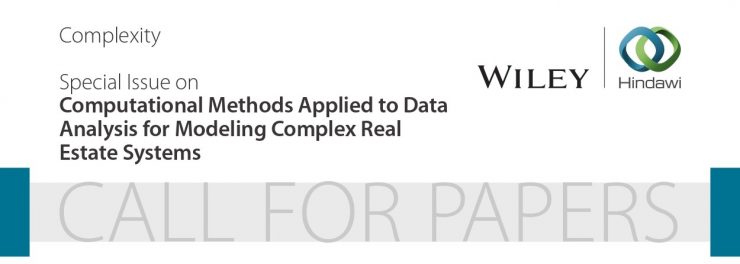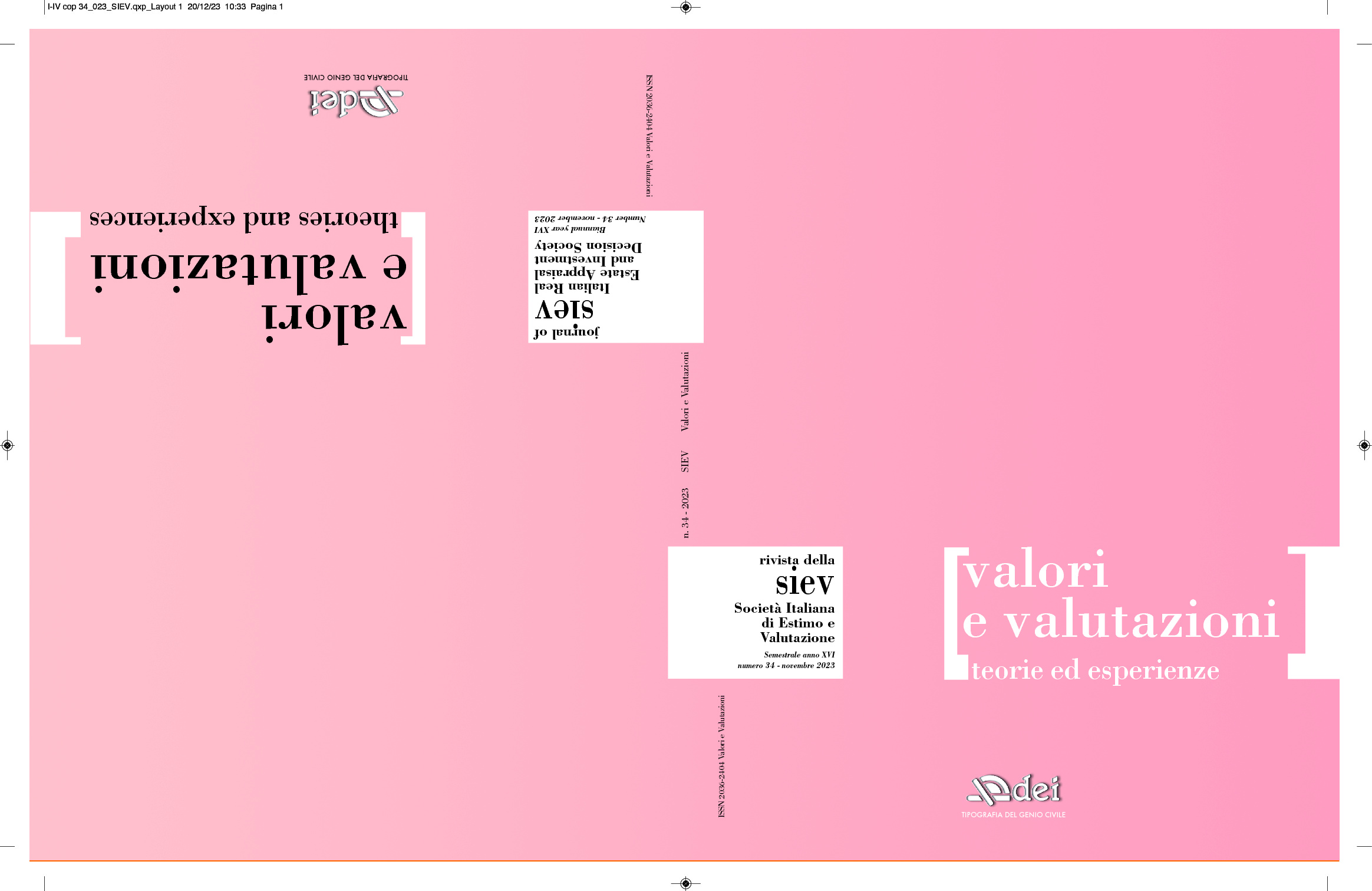Dear Colleagues,
Over the last few decades, as a result of the serious economic and financial crisis that has affected the USA and most European countries there has been an increasing need for tools that provide reliable mass appraisals. The crisis was triggered by the drastic price reduction of properties as securities for credit exposures, characterized by values that, at the time of the sale due to the debtor’s default, had revealed a real market price that made it impossible for the banks to recover the capital borrowed. This was both down to the failure to update the property market values over time when compared to the actual trend of prices and from the inadequacy of the methodologies used to determine the market values which were mostly identified through approaches which required a long processing time and lead to results affected by significant approximations.
This contingence has outlined the global connections of the real estate markets and has highlighted on the one hand the complex relationship between the real economy and property finance and on the other hand the need for multidisciplinary models that are able to appropriately interpret the available data, identify space-time interactions, and forecast real estate cycles. The complexity of real estate systems concerns the numerous social, economic, and environmental implications that are related to property valuations and regional economic growth, as well as the reciprocal interdependencies between the territorial transformations and their socioeconomic factors.
These complex systems, comprised of inherent dynamical structures that evolve over time by means of interactions between their components, are unpredictable and multidimensional. In this context, automated valuation methods, which are machine learning tools applied to the mass appraisals for nonperforming and unlikely to pay loans, as well as the periodic value updates of the real estate investment trusts, can allow for us to effectively analyze market phenomena and predict their temporal evolution.
The aim of this special issue is to collate both original research and review articles that contribute to the development of new tools for modeling, optimizing, and simulating complex real estate systems and are related to the applications of data analysis models that take into account the continuous changes of the economic boundary conditions and are able to automatically capture the causal relationships among the variables involved as well as predict property values in the short term.
Marco Locurcio
Lead guest editor
Francesco Tajani
Pierluigi Morano
Guest editor













Add comment